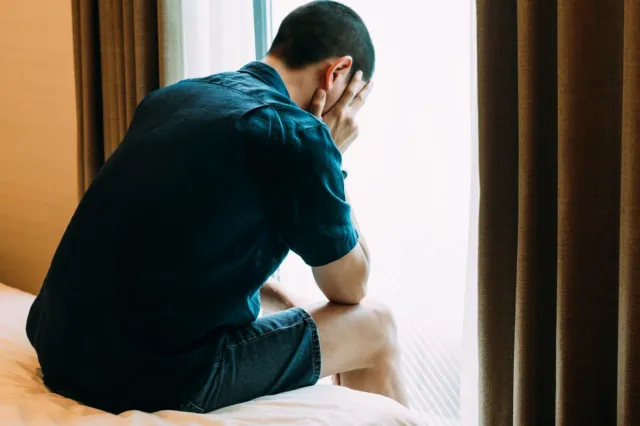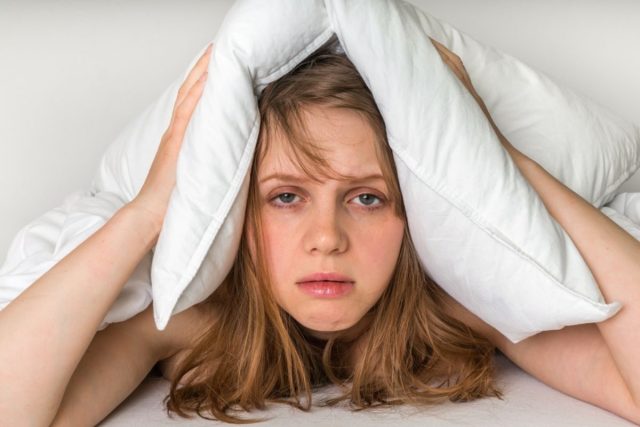The use of marijuana as medical treatment is becoming more accepted in mainstream society, and many doctors are recommending it be legalized on a federal level. “Used responsibly, marijuana can be a powerful and important tool in a healthy lifestyle,” says Kenneth R. Weinberg, MD. “And it is a vastly better alternative to the drug scourges eating away at our society. For thousands of years the many uses of cannabis have been woven into societies around the world. There has never been a documented overdose. Meanwhile, a growing body of research proves that cannabis is an effective tool in safely treating ailments that are now being treated with opioids and in fact, it is being shown to help wean patients off narcotics. As a doctor, I’ve seen these results.” (NOTE: Do not take any drug or medication unless discussed with your doctor.) Here are five health issues marijuana can help with, according to experts. Read on—and to ensure your health and the health of others, don’t miss these Sure Signs You’ve Already Had COVID.
One of the most common uses of medical marijana is for pain relief, especially as an alternative to opioids. “Prescription marijuana medication has helped my patients safely cope with a variety of serious ailments such as cancer, AIDS, chronic pain, and Inflammatory Bowel Disease,” says Dr. Weinberg.

Cannabis is highly effective in treating nausea and vomiting, studies show. “Despite increasing clinical concerns regarding cyclical vomiting or hyperemesis syndrome in cannabis users, almost all users experienced relief,” says cannabis researcher Sarah Stith, PhD, assistant professor at the University of New Mexico economics department.

Medical marijuana is effective in encouraging appetite, especially in elderly patients or those who are ill. “We all know cannabis use affects appetite, but until recently we’ve actually understood very little about how or why,” says Jon Davis, PhD., researcher in the Department of Integrative Physiology and Neurosciences at Washington State. “By studying exposure to cannabis plant matter, the most widely consumed form, we’re finding genetic and physiological events in the body that allow cannabis to turn eating behavior on or off. We found that cannabis exposure caused more frequent, small meals. But there’s a delay before it takes effect.”

A 2021 FDA-regulated study showed that marijuana can help treat post-traumatic stress disorder (PTSD). “One of the biggest takeaways from this study is that veterans with PTSD can use cannabis at self-managed doses, at least in the short term, and not experience a plethora of side effects or a worsening of symptoms,” says Mallory Loflin, a co-author of the paper and volunteer assistant professor of psychiatry at the UC San Diego School of Medicine.

“The cannabis plant has been used for centuries as a sleep aid,” says Michael Breus, PhD. “Contemporary scientific research has measured what people have known and experienced since ancient times: cannabis has relaxing and sedative effects. In particular, cannabis makes falling asleep easier. One recent study found that cannabis shortens the time it takes to fall asleep, both for people with sleep problems and people who fall asleep without trouble…
Even if you live in a state where cannabis is legal without a prescription, I recommend talking with your doctor, as you would before using any sleep aid or supplement.”
Ferozan Mast


Be the first to comment